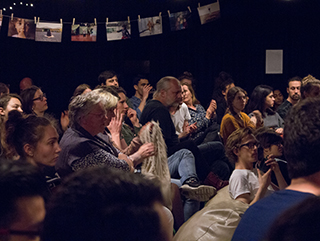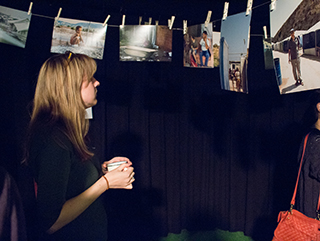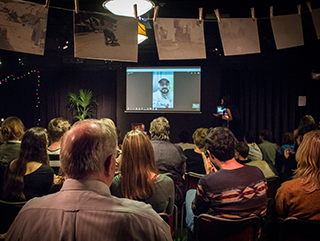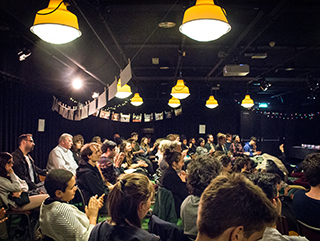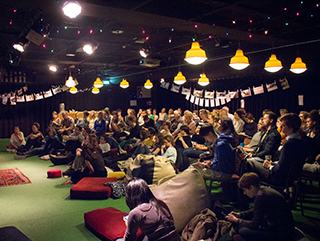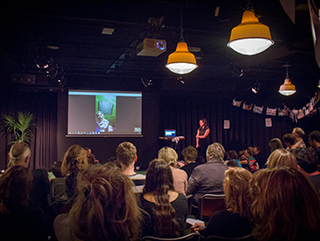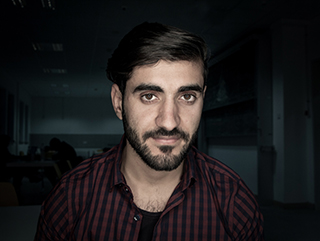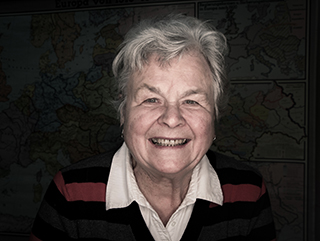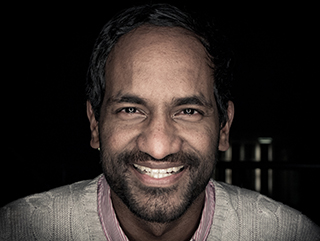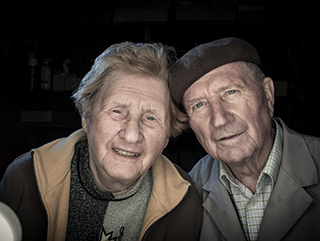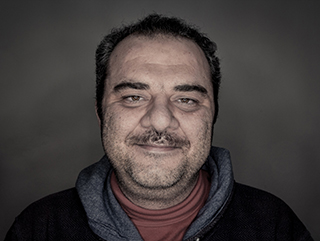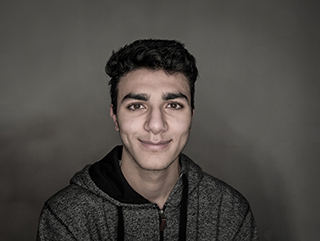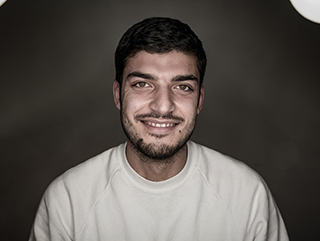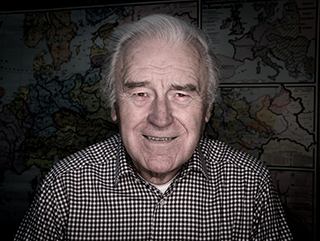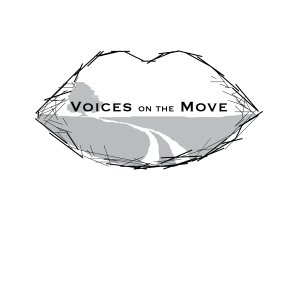
Everyone has a story.
Everyone has a voice to tell it.
And everyone has ears to hear or eyes to read them.
Now it only needs people to listen to those voices, to see those faces
and to change first their own perspective and later the world.
Part I: People Who Once Fled Their Homes
Stories and Faces in Germany
In January 2016, I started collecting stories of people who had once fled their homes. They all had their individual reasons. They all had various dreams, expectations and plans for the future when they left. They all came on different routes and ended up in different places.
Actually, all this doesn’t matter. People who are forced to leave their homes are not just refugees, asylum seekers, illegal immigrants, or victims of catastrophes. They are primarily human. They are humans with individual faces and voices to tell stories.
That is what Voices on the Move is about: it is a space in which voices can talk, and in which ears can listen, eyes can see, and minds can understand.
Many of those voices tell stories that show that there is much in this world that needs to change. Still, I believe that we can make a positive change in the world. Why? Because we are human and we have voices and the ability to move not just our bodies away from disasters, but also the capacity to move horizons beyond conventions and prejudices. We can connect to voices, connect through voices, and connect our voices. Therefore, voices connect people and maybe one idea in one of these stories will one day be the spark that makes the whole world brighter – who knows? If individuals don’t make the move towards a better world, who will?
Part II: Stuck on Chios
Research and Videos in Greece
In summer 2016, I stayed on the Greek island Chios for some weeks. At that time it saw the second highest number of entries of displaced people into the European Union of all the Aegean islands. It was just a few months after the EU-Turkey Deal had taken effect, which officially ended the European refugee crisis of 2015. However, in Greece, it only worsened the situation for all involved. I conducted ethnographic research among independent volunteers from Europe and Syrian asylum seekers (the thesis can be downloaded here. I also published short excerpts of the recorded interviews which you can view below.
Part III: Stuck in Greece
Exhibition and Story Telling in the Netherlands
The realisation that people in northern Europe were not aware of the disastrous conditions that the EU-Turkey deal caused on the outer borders of Europe led me to develop an event and exhibition in Amsterdam, in which refugees stuck in Greece could speak for themselves through poems, photographs, texts, storytelling and live Skype calls. In a team of six, we organised an evening event for 150 guests in Amsterdam in April 2017 and a month-long exhibition with photographs of Abdulazez Dukhan.
